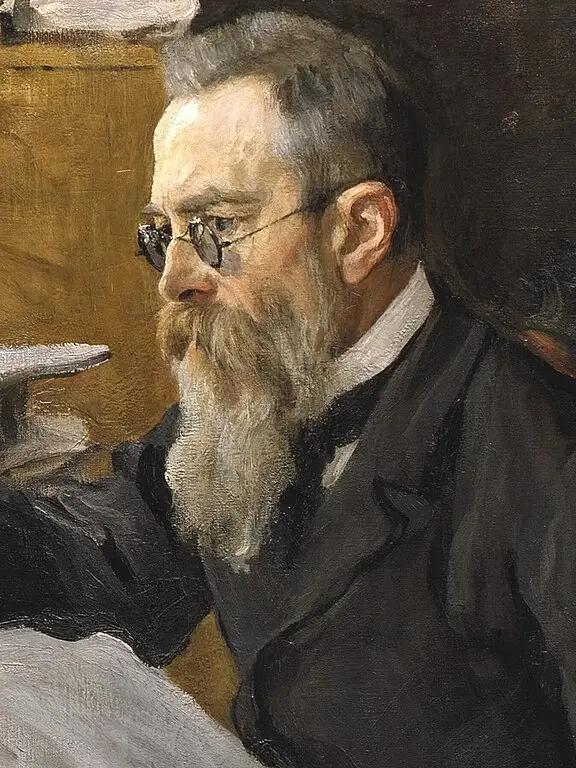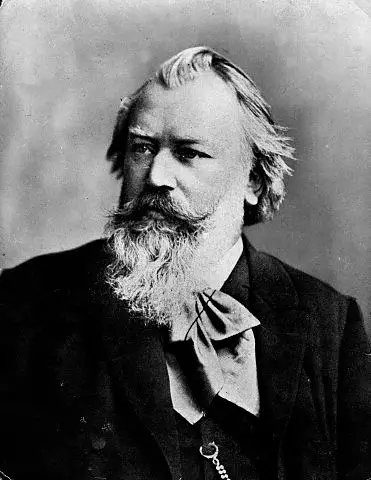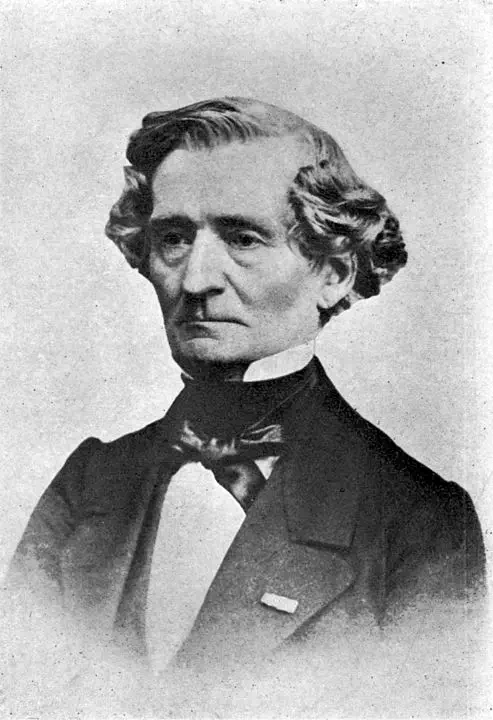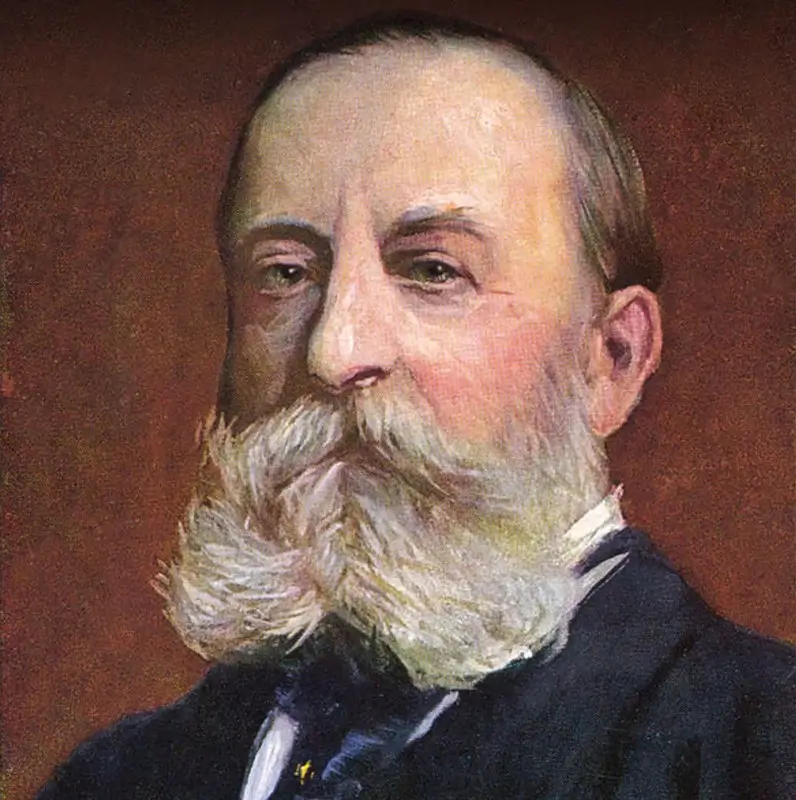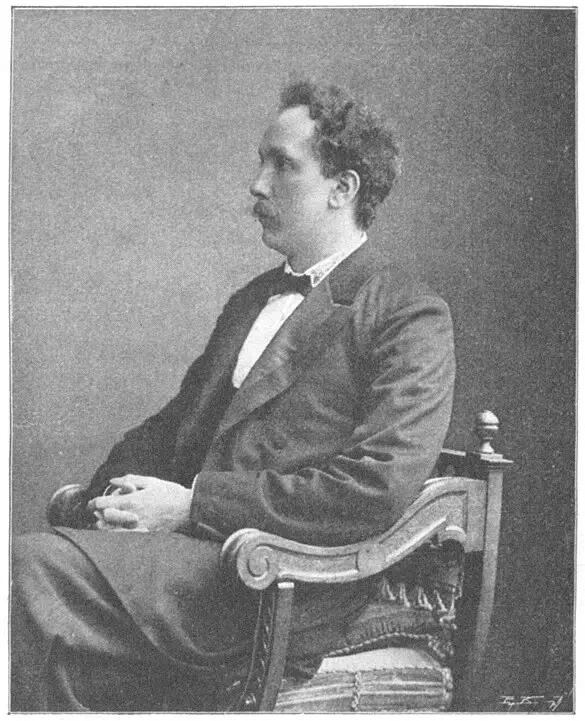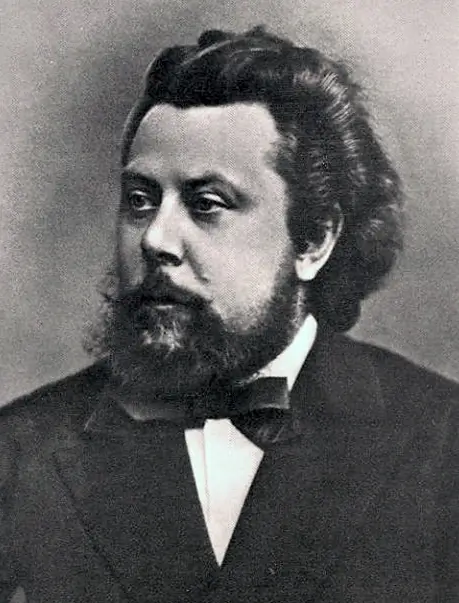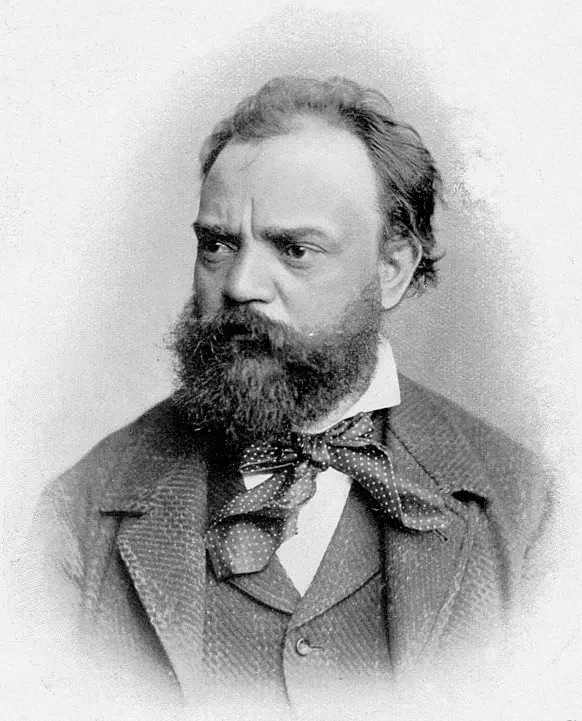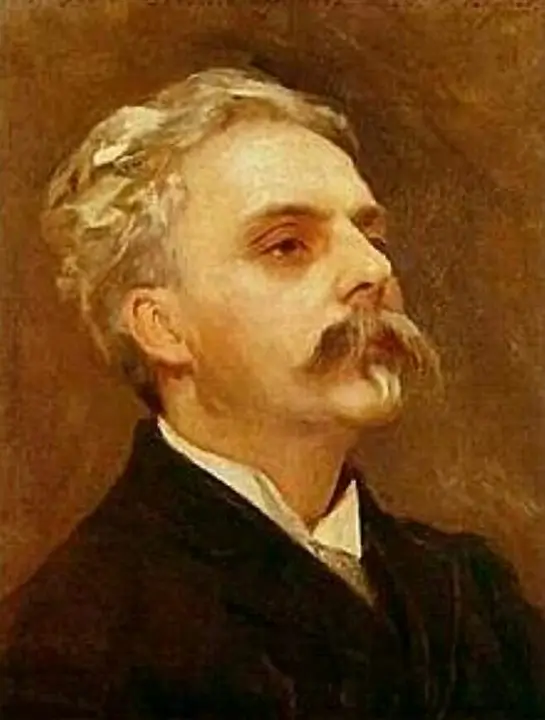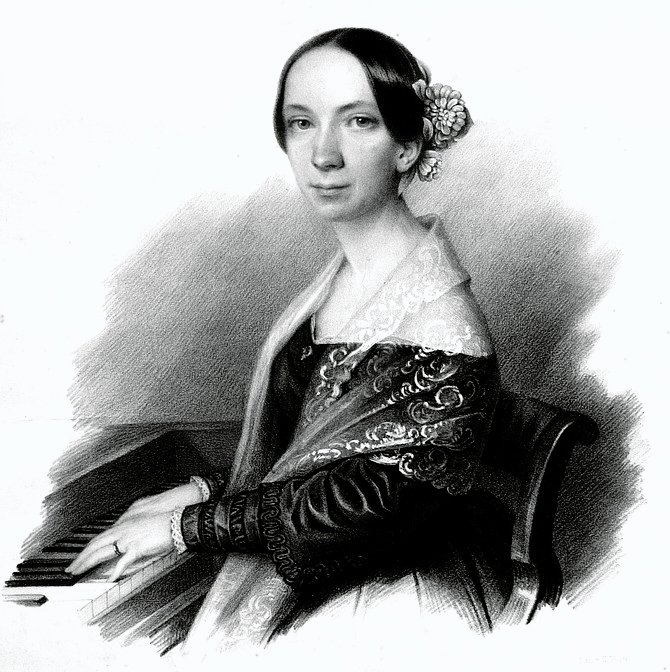Introduction
Nikolai Andreyevich Rimsky-Korsakov stands as a towering figure in the world of classical music, renowned for his lush orchestrations, innovative harmonies, and deep infusion of Russian folk themes into his compositions. As a member of the “Mighty Handful,” a group of composers dedicated to creating a distinctly Russian style of classical music, Rimsky-Korsakov helped to forge a national identity through his works. His influence extends beyond his compositions, touching the realms of musical pedagogy and theoretical writings.
Early Life
Born on March 18, 1844, in Tikhvin, Russia, Rimsky-Korsakov was introduced to the world of music at a young age. His family, though aristocratic, was musically inclined, and young Nikolai’s exposure to folk songs and church music would later influence his compositional style. Despite this early exposure, music was not his initial career path; Rimsky-Korsakov enrolled in the Russian Imperial Naval College in Saint Petersburg at the age of 12.
Musical Training and Development
Rimsky-Korsakov’s formal musical training began somewhat later in life compared to his contemporaries. It was not until he met Mily Balakirev, a prominent Russian composer and leader of the “Mighty Handful,” that his professional music journey truly began. Under Balakirev’s mentorship, Rimsky-Korsakov began composing with earnest, despite his lack of formal training in theory and composition. His naval career took him around the world, and the exposure to various musical traditions enriched his compositional style.
Major Works and Compositions
Among Rimsky-Korsakov’s most celebrated works are “Scheherazade,” “Capriccio Espagnol,” and “The Russian Easter Festival Overture.” These compositions showcase his skill in orchestration and his ability to weave narrative and folklore into music. “Scheherazade,” based on “One Thousand and One Nights,” is particularly noted for its vibrant orchestration and the use of leitmotifs to represent characters and themes.
Connections to Other Composers
Rimsky-Korsakov was deeply connected with other members of the “Mighty Handful,” including Alexander Borodin and Modest Mussorgsky. After Mussorgsky’s death, Rimsky-Korsakov took on the task of revising and completing some of his works, most notably “Boris Godunov.” His relationships with these composers not only influenced his own compositions but also helped to shape the direction of Russian music.
Character and Philosophy
Rimsky-Korsakov’s approach to music was marked by a blend of nationalism and innovation. He believed in the importance of a nationalistic foundation in music but was also open to Western influences, which he integrated into his style. His philosophy of music education was progressive; he emphasized the importance of both theoretical knowledge and practical skills.
Life in Saint Petersburg
Saint Petersburg was the cultural heart of Russia during Rimsky-Korsakov’s life, and living in this vibrant city profoundly impacted his career. He became a professor at the Saint Petersburg Conservatory in 1871, where he taught composition and orchestration. His tenure at the Conservatory was marked by significant reforms in the curriculum, aimed at improving the quality and scope of musical education.
Death and Legacy
Rimsky-Korsakov passed away on June 21, 1908, in Lyubensk, Russia. His legacy is multifaceted, influencing not only the sphere of composition but also music education and theoretical studies. His textbook on harmony was used by several generations of composers, including Igor Stravinsky and Sergei Prokofiev. Today, Rimsky-Korsakov’s music is celebrated worldwide for its rich textures, vivid colors, and deep emotional resonance.
Conclusion
Nikolai Rimsky-Korsakov remains a seminal figure in classical music, embodying the spirit of Russian nationalism while embracing a broader, more eclectic approach to composition. His works continue to enchant audiences with their beauty and complexity, serving as a testament to his genius and his enduring impact on the world of music.

